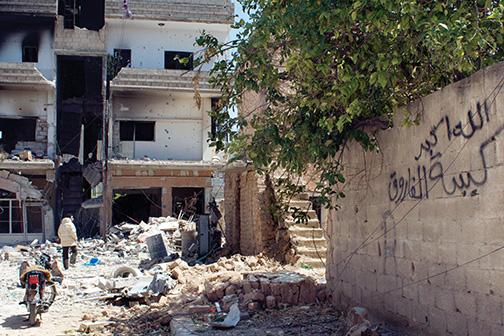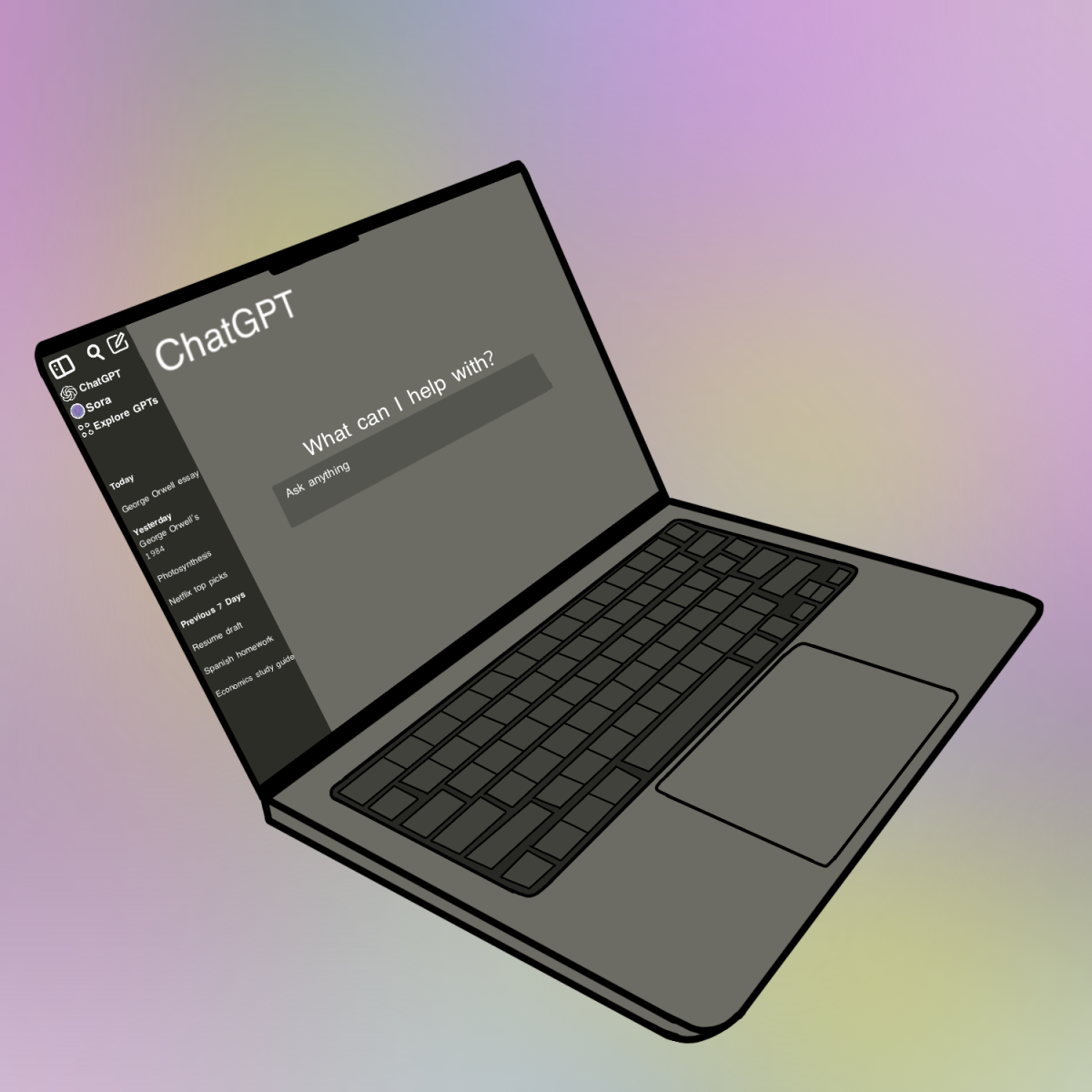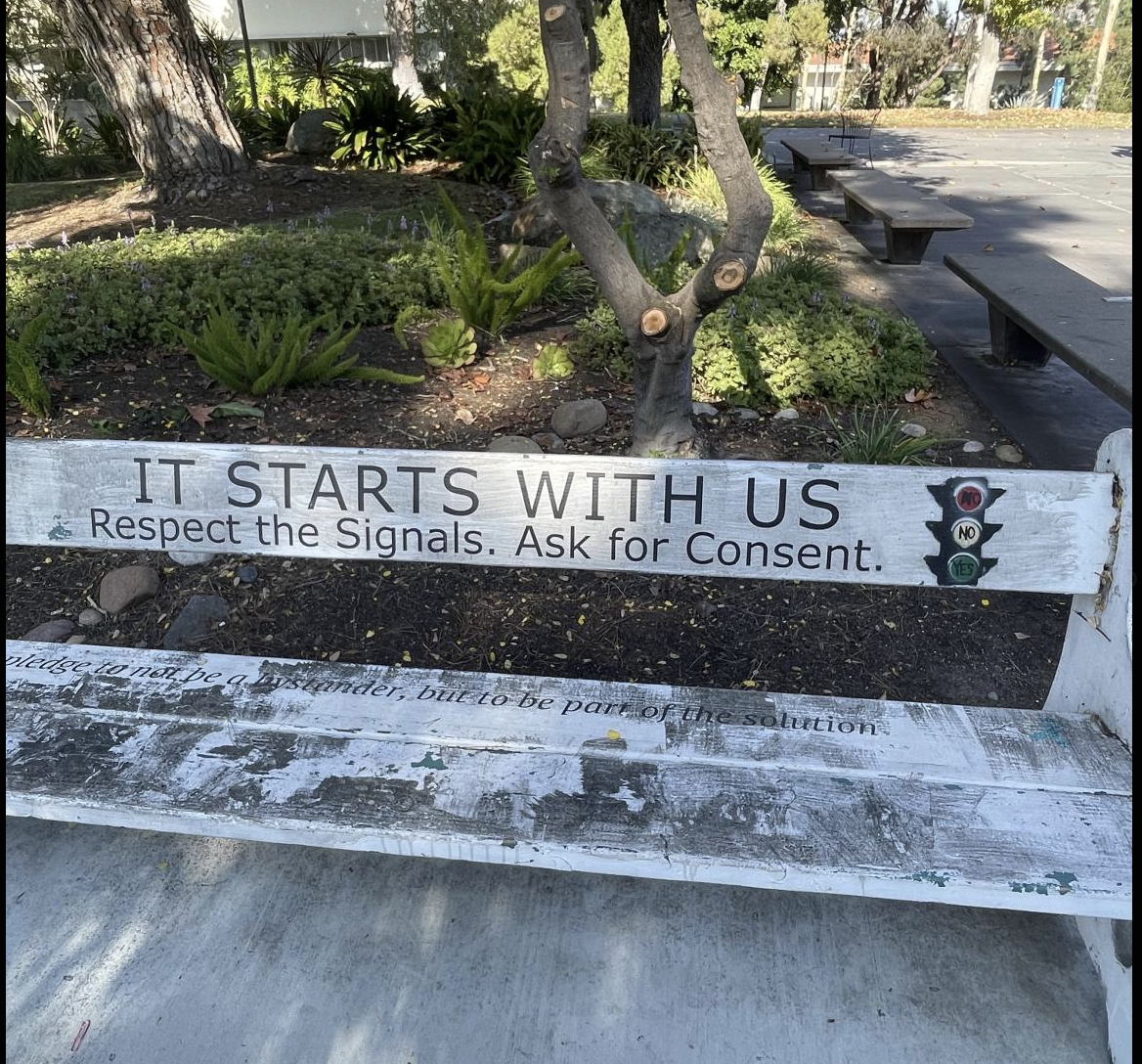As potential American military action in Syria looms on the horizon, some Opinion columnists took time to reflect on the implications of U.S. involvement in yet another conflict. Our nation has been at war continuously since the invasion of Afghanistan during the weeks after 9/11. Many students at San Diego State have no memory of what the U.S. felt like pre-war.
Is it time for peace, or should we saddle up for another military campaign? Let us know at facebook.com/DAopinion or @AztecOpinion.
Madison Hopkins, Senior Staff Columnist
The clearest answer I found when considering reasons to get involved in Syria came a few days ago from a friend whose opinions I trust more than most reputable news sources. This is not because I think this person is necessarily smarter than the people who earn a living by informing the public, but because he could explain all sides of the issues in a way I could understand.
For the record, I don’t consider myself to be uneducated or stupid, just cynical. Growing up during an era where war is the status quo, I have regrettably been left to view public statements regarding these wars as useless. When the U.S. entered Iraq and Afghanistan I was obviously too young to question the motives. After years of public education, I am compelled to follow the news and keep myself updated on world affairs like a productive member of society. But when information publically spread via the news is contradicted by my peers, parents or teachers, I have been left confused. Public announcements of American justifications for entering Iraq and Afghanistan are what we were told to believe, but time and conversations with my peers have revealed an entirely different story that I was apparently supposed to just know. I realize I may sound naive, but growing up during a time of constant contradictions between public and private discussions has led me to believe ambiguous explanations of foreign affairs are normal. And like anything else, this repeated action has become habit, leaving me to accept confusion as my regular state of mind on global affairs.
As someone who was lucky enough to not know anyone hurt or killed during military duty, the most noticeable result of a lifetime of war was the normalization of a climate of suspicion and misunderstanding for a generation that doesn’t always question why things happen.
Carmen Huerta, Staff Columnist
The U.S. has been at war since before I was born and it will most likely continue to be in the years to come. History has a way of repeating itself. As I think back to 1993, the year I was born, I realize the U.S. has participated in an assembly line of wars. The bad, the ugly and the shameful have come out of all of these wars. The American spirit, however, has prevailed. This is a commendable feat, as it has taken a few hits throughout the centuries. War is not pretty and glamorous, but sometimes it’s necessary.
America is notorious for coming to the defense of countries in need of foreign aid. The religious civil war in Syria puts the U.S. in a tough situation, however we choose to act. This sectarian war is plastered all across media outlets and should not be taken lightly. An attack on Syria would not only uphold the democratic values we support, but it would spread awareness of the corruption of the Assad regime and its attack on the Syrian people. This could be another war during my lifetime, and I want to understand the logic behind the decision. For those people who feel the same, I urge you to take the time and educate yourself on the issue at hand. This is one for the history books.
Sicily Famolaro, Contributor
I was born in 1993. Though the precise year of my birth and my personal experience may seem irrelevant, it’s emblematic of this generation. Children of the early ‘90s, I’m sure you can relate.
The year was relatively eventful. We were two years in the wake of The Gulf War, the dawn of the Clinton administration was emergent and the World Trade Center was bombed for the first time. It was not a time of explicit belligerence, but not of armistice, either—though I was only a child and only remember hazy images and ideas. It was a time when my parents turned on the news and America was most concerned with the looming threat of Y2K—the day when people thought computer networks around the world would crash—and the sexual practices of Bill Clinton, despite foreign air strikes and overseas military involvement. Perhaps my perception of America was unduly distorted because I was too young, naive and preoccupied with VHS tapes and Barbie dolls to ever tell the difference. But I can say, it was a time of perpetual, albeit distant, warfare.
After the 21st century arrived, my conception of war solidified. I remember the day clearly: Sept. 11, 2001. I sat at my desk and stared out the window at a rather dismal, overcast sky while I was supposed to be reading. My mother was near me when she heard the phone ring. She answered and began to cry.
I remember the way she spoke, her voice thick with tears, “Sicily, many people died today.” She turned on the television and saw debris, clouds of dust and smoke. We heard the wails of ambulance sirens through the TV speakers.
I can’t identify a time when the country was not consumed by war, or a war-like nature. With this notion, I’ve learned to accept that humanity will inevitably always be divided, and humans will desperately pine for what W.B. Yeats called a “semblance of peace” despite power struggles and malevolence. I can only hope my children might be born in a time when war is not the only thing they know.
Kelly Gardner, Contributor
While I may have only been seven years old on 9/11, I remember the day that changed America. The beginning of Operation Enduring Freedom inspired thousands of young men to voluntarily enlist in the military, including my cousin. As a third grader, it was impossible for me to grasp what was taking place in the world around me. There seemed to be confusion regarding why we were attacked and what we planned on doing about it. As years went by and wars progressed, foreign affairs were occasionally discussed by my peers and adults I knew. Still, it seemed my generation never fully understood the platform supporting our wars. We were exposed to selective and manipulative media while the government attempted to highlight allegedly positive aspects of the war, which limited the amount of negative content exposed to the public.
So while we may have been somewhat aware of events taking place thousands of miles away from us, our perception of the war was incomplete. It felt instinctive and natural to disconnect our everyday lives from the chaos and destruction overseas. While it’s saddening, the horrific regularity of human loss during the past decade has left me desensitized to the potential of human casualties continuing in Syria. I find it difficult to find an emotional distinction between the possibility of new action and what has already been happening for most of my life. The idea of a Syrian war leaves me disappointed that American military involvement in the Middle East could continue, while my day-to-day life remains essentially the same.







